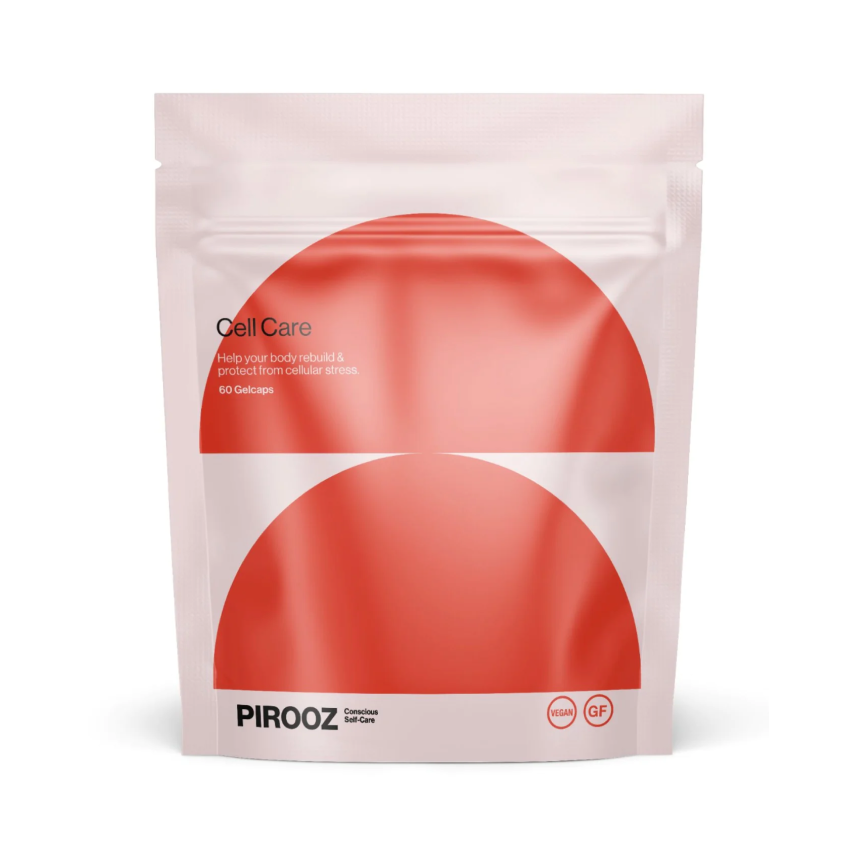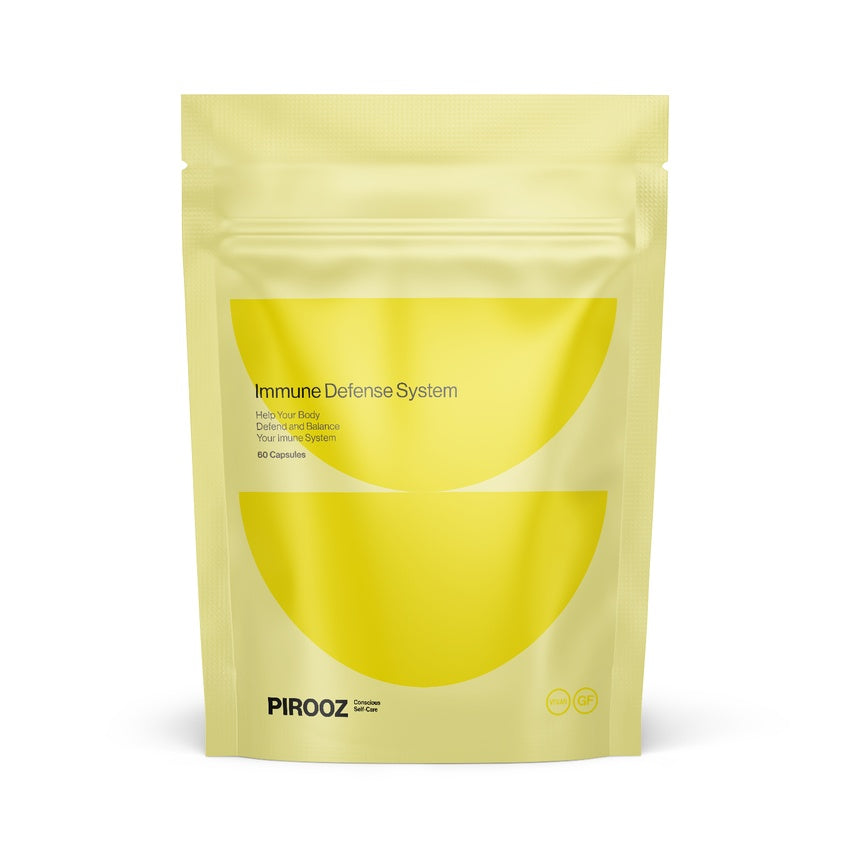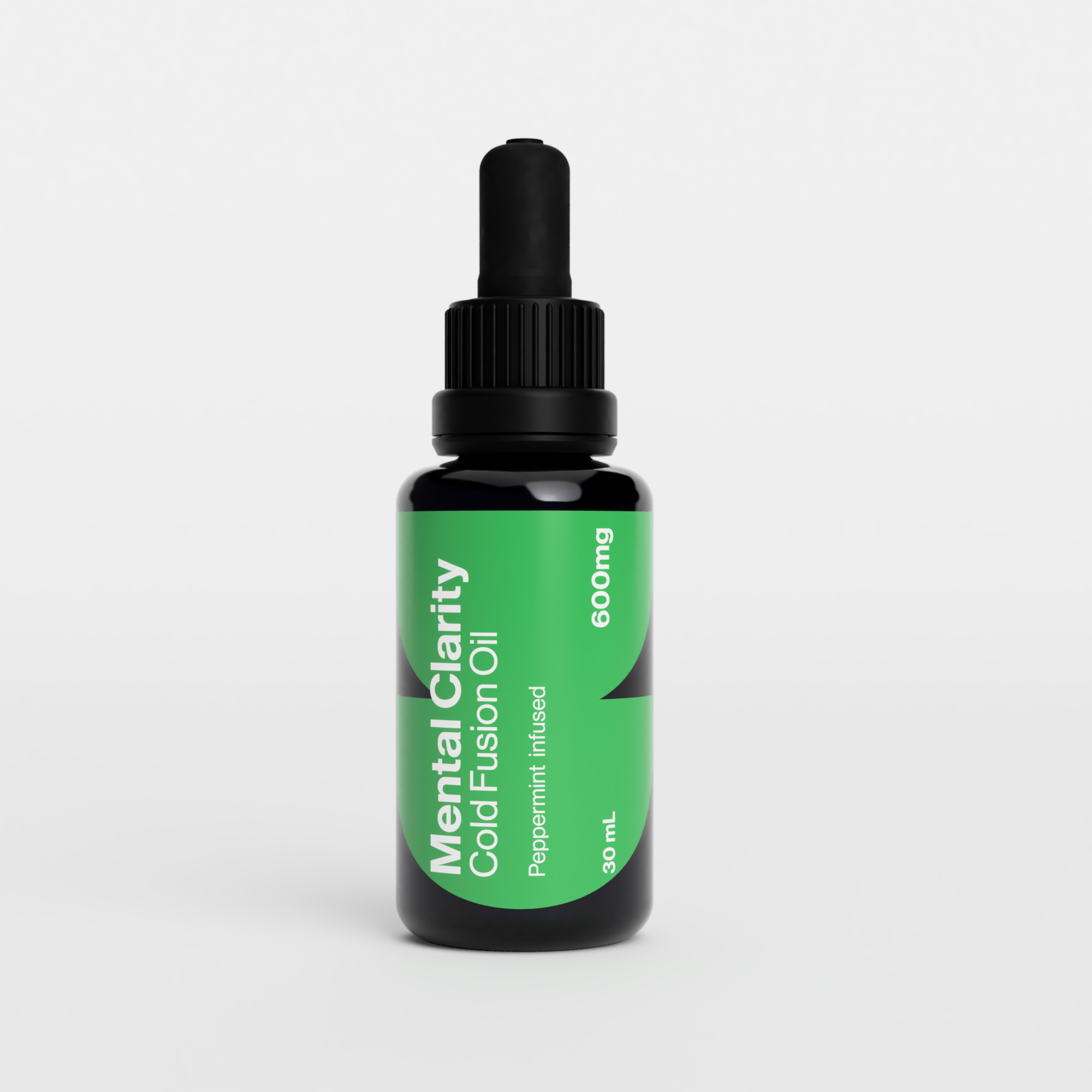If you cast your thoughts back to your childhood, you may recall a concerned parent inquiring, "Sweetheart, did you take your vitamins?" If this rings true, you're certainly not alone. Over time, you've likely come to appreciate the wisdom of their concern, as vitamins constitute a vital component of our daily nutrition. However, ensuring our bodies effectively absorb these essential nutrients is not always a given. Fortunately, there are straightforward methods to optimize vitamin absorption and maximize nutritional benefits, spanning from A to Z.
1. Timely Vitamin Intake
With few exceptions, the ingestion of most vitamins, minerals, and supplements should coincide with meals to facilitate optimal absorption within the body. Not only can vitamins induce nausea and vomiting on an empty stomach, but they may also experience reduced absorption levels and overall effectiveness.
This phenomenon stems from the intricate relationship between meal consumption and the digestive system's functionality. Meals trigger signals from the brain to the stomach, priming the digestive system for action, akin to a pilot signaling an impending landing. This preparation includes the release of digestive enzymes, instrumental in promoting healthy digestion.
By ingesting vitamins with your meals, these nutrients become integral participants in the digestion and absorption process, much like passengers in the cargo hold of an aircraft.
2. Synergistic Nutrient Pairing
Certain food and vitamin combinations can significantly enhance the absorption of specific nutrients, achieving mutual benefit for both. For instance, pairing fat-soluble vitamins—A, D, E, and K—with high-fat meals, encompassing foods like avocado, cheese, nuts, fish, and eggs, can markedly increase the body's capacity to absorb these essential nutrients.
Moreover, specific vitamin and mineral combinations exhibit remarkable synergy, amplifying the effectiveness of both nutrients:
3. The Role of Probiotics
Probiotics have emerged as a formidable force in the realm of health and wellness. These beneficial microorganisms primarily target enhanced gut health, with a notable impact on digestive function and nutrient absorption.
Effective probiotics must withstand the highly acidic stomach environment to influence nutrient breakdown and absorption positively. They achieve this by outcompeting harmful toxin-producing pathogens, thereby promoting digestive health.
Probiotics are naturally present in various healthy foods, including dairy products (yogurt, aged cheeses, and buttermilk), fermented foods (sauerkraut, pickles, kimchi, tempeh, and miso), and probiotic-rich beverages (kefir and kombucha). Additionally, they are readily available in supplement form, offering a convenient means of incorporating probiotics into your wellness routine.
4. Embracing Digestive Enzymes
Digestive enzymes represent the body's primary tools for breaking down foods to facilitate nutrient absorption. While our bodies naturally produce these enzymes—initially in saliva, then in the stomach, and finally in the pancreas as food progresses through the digestive tract—incorporating enzyme-rich foods can augment this process.
Natural sources of digestive enzymes include tropical fruits (pineapple, papaya, and mango), other fruits and vegetables (avocado, kiwi, and banana), probiotic-rich foods (sauerkraut, kefir, kimchi, and miso), raw honey, and ginger.
By incorporating these foods into your diet, you can support the existing enzymes and enhance nutrient absorption, ensuring that the vitamins and minerals in your food are fully accessible to your body.
5. Prudent Handling of Vitamin-Rich Foods
Vitamins abound in vegetables, fruits, and other nutrient-rich foods. However, the preservation of their nutritional value during cooking can be a challenge. Optimal nutrient absorption relies on the effective retention of vitamins during the cooking process.
To maximize the nutritional content of your meals, consider these practices:
By following these guidelines, you can ensure that your body absorbs the maximum amount of vitamins and other nutrients present in your food.
6. The Power of Black Pepper
The commonplace ingredient, black pepper, can be effortlessly integrated into daily meals. Beyond its flavor-enhancing properties, black pepper significantly improves nutrient absorption, including vitamins.
Piperine, an alkaloid found in black pepper, is credited with enhancing nutrient bioavailability. It achieves this by increasing the accessibility of nutrients for absorption into the bloodstream. In essence, piperine optimizes the utilization of vitamins and minerals.
By incorporating black pepper into your culinary repertoire, you not only elevate the taste of your dishes but also enhance the efficiency of nutrient absorption within your body.
In conclusion, understanding and implementing these strategies can significantly enhance vitamin absorption and nutrient utilization within the body. By prioritizing the optimization of vitamin absorption, you empower your body to reap the full benefits of these essential nutrients, contributing to your overall health and well-being.












